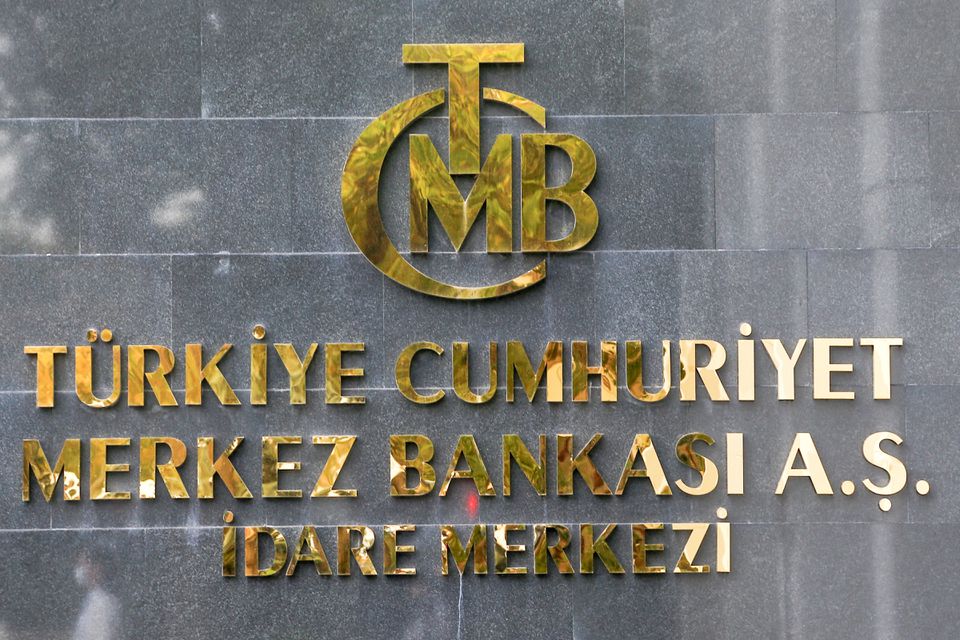The Turkish central bank’s net forex reserves rose some $2.5 billion from a historic low to stand at $-3.17 billion as of June 9, data showed on Thursday, as Ankara loosened its grip on the forex market and the lira weakened sharply last week.
The central bank’s net reserves fell to $-5.7 billion in the week to June 2, their lowest since the data began being published in 2002, as authorities sought to counter forex demand and stabilise the lira’s exchange rate.
The net reserves are down more than $30.5 billion since the end of 2022 and turned negative last month for the first time since the first five weeks of 2002.
The central bank’s forex reserves have sagged in recent years due to costly market interventions and other efforts to cool forex demand.
Demand for dollars in Turkey surged to record levels last month on companies’ and individuals’ expectations that the lira, which lost 44 per cent in 2021 and 30 per cent in 2022, would plunge after the elections.
The currency has lost some 20 per cent so far this year, sharpening its decline last week in what traders said was a sign of Ankara moving away from state controls towards a freely traded currency.
The exchange rate used by Reuters on Thursday was 23.3212. The net forex reserves are pushed deeper into negative territory once outstanding swaps, which stood at $36.95 billion on Wednesday, are deducted.
The central bank’s gold reserves declined $252 million to $41.99 billion in the week to June 9, while the gross forex reserves fell $449 million to $57.79 billion, bringing the decline in total reserves in that period to $701 million, data showed.
Note: The figures are released every week on the central bank balance sheet as per a letter of intent with the International Monetary Fund dated 18 January 2002. The figures are released in Turkish liras and are converted by Reuters to US dollars using the central bank’s official exchange rate from the previous work day.






Click here to change your cookie preferences